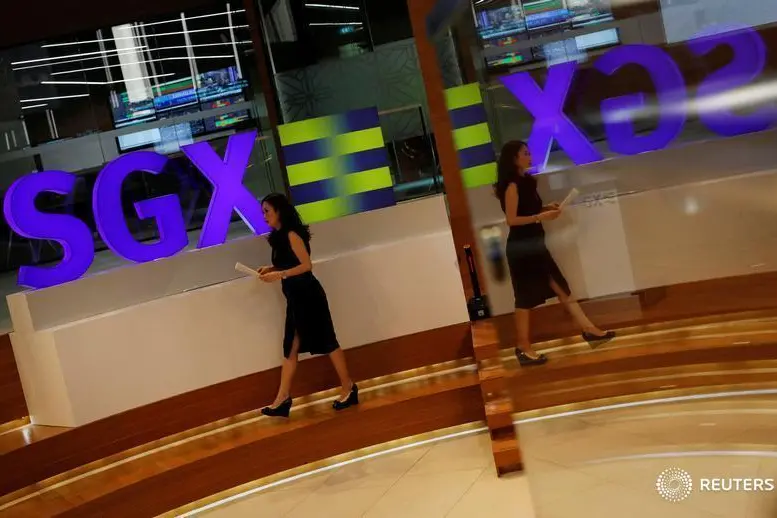PHOTO
SINGAPORE - Shell said on Wednesday it has agreed to sell its refinery and petrochemical assets in Singapore, Asia's main oil hub, to a joint venture between Indonesian chemicals firm Chandra Asri and Swiss miner and commodities trader Glencore.
Reuters reported last August that Shell had hired Goldman Sachs to explore a potential sale of its refining and petrochemical plants in Singapore as part of a broader strategic review globally to become a lower-carbon operator.
The sale is part of Shell CEO Wael Sawan's plan to reduce the company's carbon footprint and focus its operations on the most profitable businesses.
The transaction will transfer all of Shell’s interest in Shell Energy and Chemicals Park Singapore to the joint venture company CAPGC, Shell said in a statement.
The companies did not provide a value for the deal.
Subject to regulatory approval, the transaction is expected to complete by the end of 2024, Shell added.
The buyers of Shell's assets on Bukom and Jurong islands would gain a foothold in one of the world's top oil refining and trading centres but would also face competition from newer refineries in China and elsewhere - the Bukom facility opened in 1961 - as well as a Singapore carbon tax set to rise sharply in 2024.
CAPGC is majority-owned and operated by Chandra Asri Group and minority-owned by Glencore through their respective subsidiary companies, the Indonesian company said in a statement.
Shell's assets include a refinery capable of processing 237,000 barrels per day (bpd) of oil and a 1-million-metric-ton-per-year (tpy) ethylene plant located on Bukom island, just south of Singapore, as well as a plant that produces mono-ethylene glycol on Jurong island in the Southeast Asian city-state's west.
CAGP and Vitol had been the final bidders for the assets after shortlisted Chinese firms including state-run China National Offshore Oil Corp (CNOOC) dropped out.
Acquiring Shell's plants in Singapore would provide Chandra Asri with naphtha feedstock for its cracker and allow the company to integrate its petrochemical production with refining which could improve its efficiency and reduce costs.
"Chandra Asri has been a leading player in the olefins and downstream space in Indonesia for decades, and has been looking to expand its current portfolio within and outside Indonesia for many years ... this foothold in the petrochemical hub of Southeast Asia will give it leverage in increasing its ASEAN footprint and lift itself to be a truly regional player," said Wood Mackenzie's global head of polyesters, Salmon Lee.
Chandra Asri operates Indonesia's sole naphtha cracker, which can produce 900,000 tons of ethylene and 490,000 tons of propylene annually, basic raw materials that are further processed at the complex into other petrochemicals.
For Glencore, Shell's assets would give the global trader a physical foothold for its trading in Asia.
Glencore's only refining asset is a 100,000 bpd facility in Cape Town that is South Africa's third-largest refinery. It also owns a lubricants plant in Durban.
A partnership with Glencore also means Chandra Asri can harness the trading giant's strengths in not only the trading sphere but also on the logistical front, Woodmac's Lee added.
Shares of Chandra Asri Pacific rose as much as 1.9%, outperforming the benchmark Indonesia index's 0.5% drop on Wednesday afternoon. Its shares have climbed 49% so far this year, giving it a market value of some $42 billion, LSEG data showed.
Shell's shares in London rose 0.1% and have climbed nearly 13% so far this year. Last week the company smashed forecasts with a $7.7 billion first-quarter profit, buoyed by cost cutting and its strategic shift.
(Reporting by Trixie Yap, Yantoultra Ngui, Chen Aizhu, Florence Tan, Emily Chow and Tony Munroe in Singapore, Bernadette Christina in Jakarta; editing by Jason Neely and Kim Coghill)




















